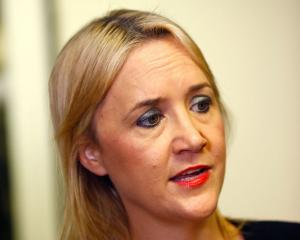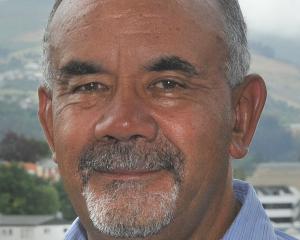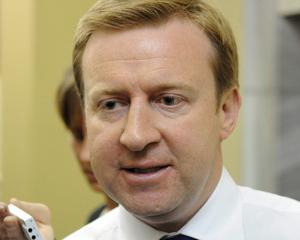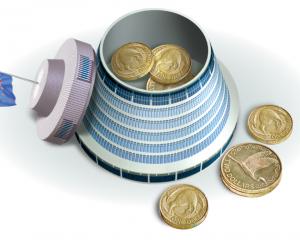
Those to benefit from this Budget stretch from students, to couples with children, low-income earners in Queenstown, every taxpayer through to pensioners.
Increased spending, much more than expected, left only New Zealand First leader Winston Peters sounding enraged about the state of the nation.

Labour leader Andrew Little issued a one-page press release, which could have been read as a white flag of surrender, and Green Party co-leader James Shaw spent his entire speech talking about a lot of what-ifs and calling for a change in government.
The Government is not likely to change unless Labour and the Greens can provide some sort of counter to the growing economic strength of the country’s finances which allowed Finance Minister Steven Joyce to use his first Budget to spend up large in the areas that count: lifting incomes by changing tax thresholds, increasing Working for Family entitlements, increasing accommodation allowances and providing extra spending on health.
Importantly for voters in Auckland and Wellington, large amounts of money will be spent on ailing infrastructure including the Wellington commuter rail link.
The South Island was not so lucky in spending priorities but Christchurch will still receive some funding.
There was no announcement about the Dunedin Hospital rebuild — that will come later in the election campaign.
The difficulty was finding any real strong criticism about the Budget, with commentators restricting themselves to "unambitious" and "underwhelming". However, Mr Joyce was always going to go for the biggest result for the least amount of money. In this case, he spread largesse widely.
New Zealand Institute of Economic Research (NZIER) chief economist Christina Leung said Budget 2017 was a prudent and economically unremarkable Budget. But it was a politically savvy one.
"It is likely to be a strategic move to set itself apart from the Left’s bigger-spending plans. Finance Minister Joyce has hinted that while the focus remains on reducing government debt, the National Government has room to reassess its spending plans next year. We hope this comes to pass, sooner rather than later."
The NZIER understood the Government wanted to be prudent with its spending in case of unexpected events such as another natural disaster. The trade-off was an overly cautious approach could hold the New Zealand economy back over the coming years.
"In that respect, we see Budget 2017 as a missed opportunity to have been bolder," Ms Leung said.
There were some losers as the Government changed some abatement rates, meaning lower levels for benefits to start reducing and a faster rate of reduction once those thresholds were reached.

Prime Minister Bill English, finance minister for the previous eight Budgets, said Budget 2017 shared the benefits of growth by improving public services, investing in the infrastructure needed for a growing economy, reducing debt and lifting income.
"This is a Budget that delivers for New Zealanders from a Government that cares about people and knows how to get things done," Mr English said.
The Budget showed a continuing improvement in the Government’s books and solid economic growth expected to average 3.1% over the next five years.
That translated to more jobs and higher incomes and gave New Zealand a once-in-a-generation opportunity to raise living standards for all, he said.
Mr Peters said the Budget was an attempt from a tired, old, visionless, heartless party to stay in power as long as it could. Meanwhile, the headlines screamed out for the Government to act on many issues, in many cities and in many regions.
New Zealand remained massively indebted to the rest of the world — with a net international liability of $156billion as of last year.
Debt had risen but there was no plan to reduce it aside from time and inflation, he said.
Although there was rising debt, all there was to show for it was family poverty, mental heath services in disarray, conservation estate and services in disarray, social housing in motels, rampant house price inflation, runaway immigration and infrastructure deficits everywhere, Mr Peters said.
Westpac acting chief economist Michael Gordon said strengthening economic conditions allowed the Government to have its cake and eat it, too.












